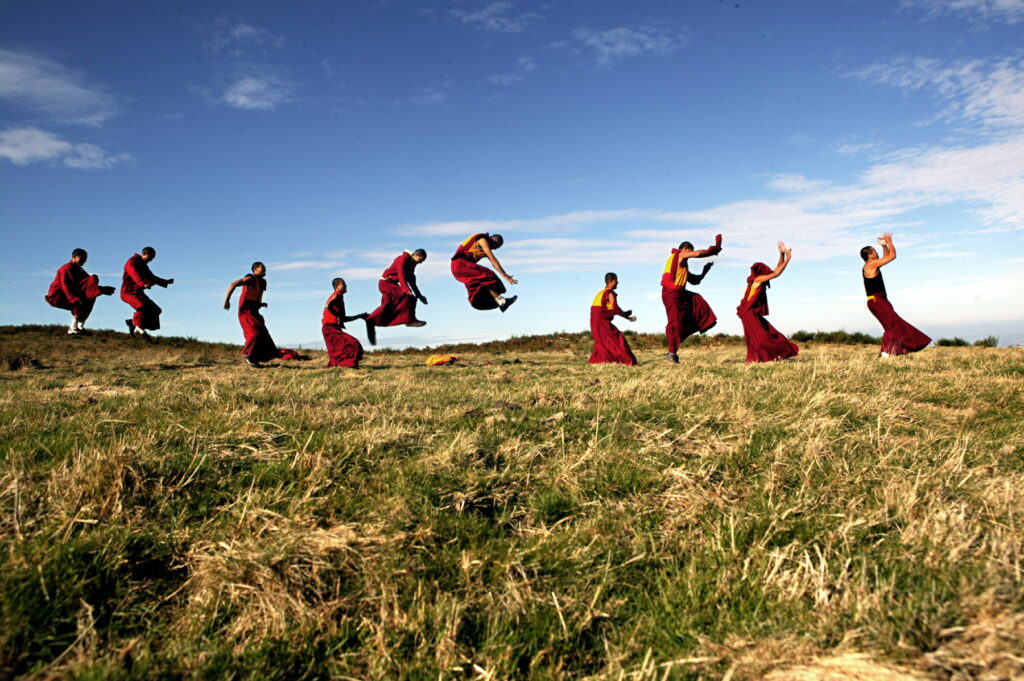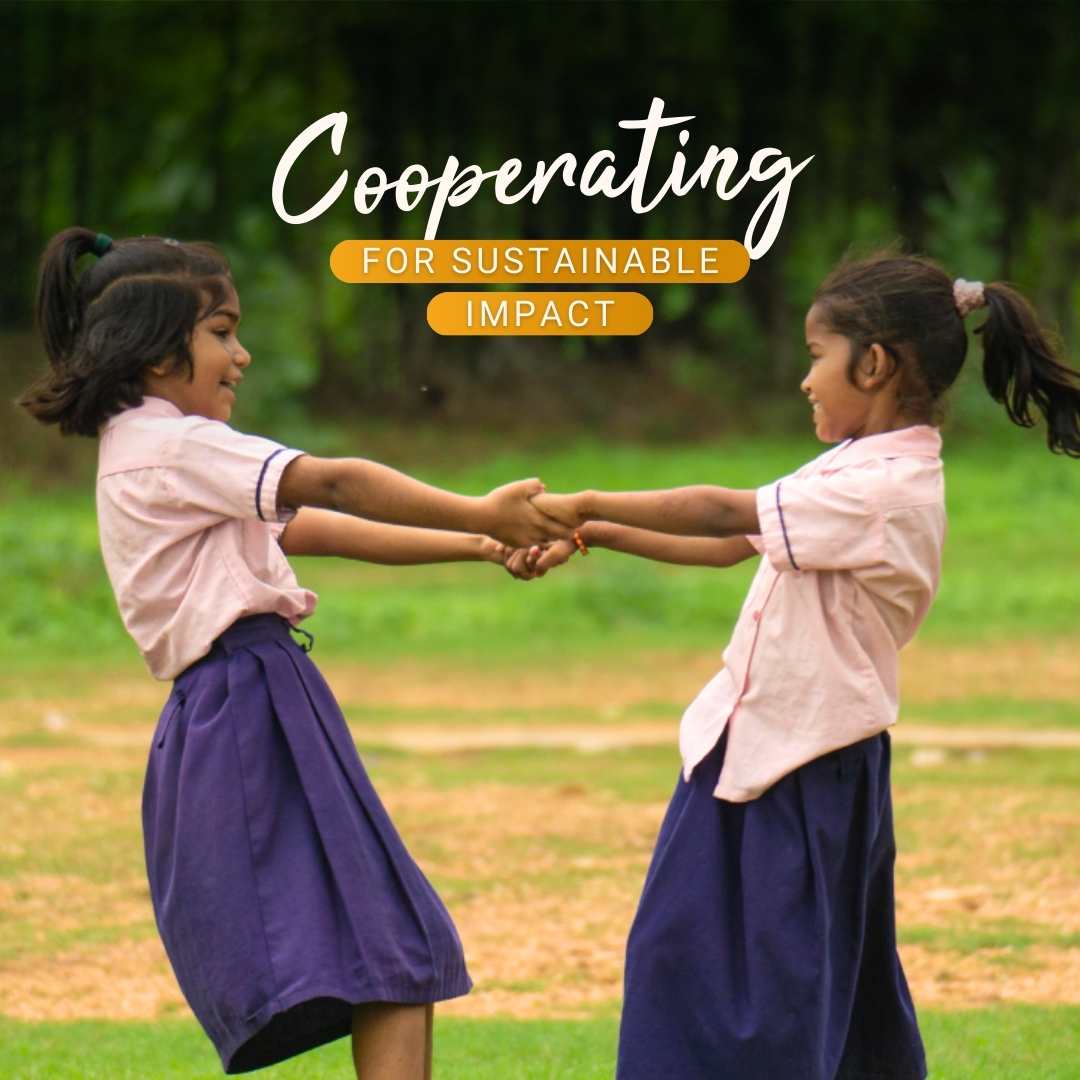
The need for altruistic cooperation is more acute today as we face major socio-economic and ecological disasters. These issues generate confusion and seemingly complex questions, but in the end it’s a simple question of altruism versus egoism, at both individual and collective levels. Cooperation can be based on a generalized reciprocity guided by the promotion of mutual interests or shared benefits, notably the preservation of common goods – air quality, oceans, democracy, the advancement of knowledge – but it must also be able to extend to a purely altruistic and impartial commitment to work for the common good, including all the species that make up the living world, without being motivated by the expectation of a quid pro quo.
Altruistic cooperation is a collective dynamic. Selfless mutual aid strengthens trust and respect between members of a community, and although it is clearly directed towards others, it is also the best way to give meaning to our own precious existence. Far more than an abstract value, it is a deliberate choice, a universal language that takes into account the interdependence that fundamentally links all beings to each other and to the world in which they live.
Recent work on the evolution of species has clearly shown that, in the course of evolution, cooperation has been much more creative than competition, leading to the emergence of eusocial species, of which we are a part. From the earliest communities to the development of complex societies, the ability to collaborate has been decisive in overcoming challenges and building resilient structures.
This ability to unite for the common good is evident in many examples: medical advances, relief networks, and scientific progress are all the fruit of effective collaboration. In 2010, following the devastating earthquake in Haiti, an international mobilization was rapidly organized. The cooperation of relief teams, NGOs and thousands of volunteers ensured medical care and food supplies for the affected populations. This dynamic of mutual aid also extended to the technological field. Platforms such as OpenStreetMap have enabled volunteers the world over to map disaster zones in real time, enabling relief efforts to reach even the most remote areas.
Making solidarity the norm, not the exception, means considering that every altruistic gesture contributes to building a fairer, more harmonious world, whether it’s sharing resources or reaching out to those in need.
So, as the festive season approaches, we can act effectively and simply by supporting initiatives that promote solidarity, by donating our time or resources.
Every action you take, whether individual or collective, can become a key link in a great chain of altruistic cooperation. By offering a kind gesture, participating in community projects or supporting committed organizations, you are actively contributing to a collective dynamic based on benevolence and mutual aid.
Your choices and actions, even those you consider as t modest, have the power to reinforce altruistic cooperation and make a real difference.
Give ethical gifts, take a little time to wrap parcels for charity, invite a lonely person to share a warm moment. These gestures, however simple, are part of a dynamic of compassion and mutual aid that can brighten up the holidays for those who need it most. Even at the table, you can make choices that reflect your values. For example, by opting for alternatives to meat or turkey so as not to feast at the cost of the suffering and death of other living beings you are taking a stand for consumption that is more respectful of animal welfare.
In her book, Rachel Naomi Remen¹ shares stories inspired by her professional and personal experience as a physician and as a patient herself. She highlights the importance of altruistic love and compassion in healing and enriching human bonds. Listening to others with complete benevolence, without excluding anyone from our hearts, is undoubtedly the best attitude we can generate this holiday season. The world is so troubled now, and all of us need to cultivate compassion more than ever before.
Creating a more compassionate future is possible by acting together to address poverty within wealth, the plight of future generations, other species, and our ecosystems.
Karuna-Shechen launches its end-of-year campaign on the theme of altruistic cooperation. In the face of global challenges and the urgent needs of the most vulnerable populations, this is a powerful response. Find out how we’re working together to make a real and lasting difference to the lives of thousands of people in India, Nepal and Tibet.
¹Kitchen Table Wisdom: Stories That Heal (1996)
Photo: Matthieu Ricard. Tibetan monks from Shechen Monastery in Nepal, practicing on a Pyrenean meadow, during a tour of sacred dance performances in France 2004.
